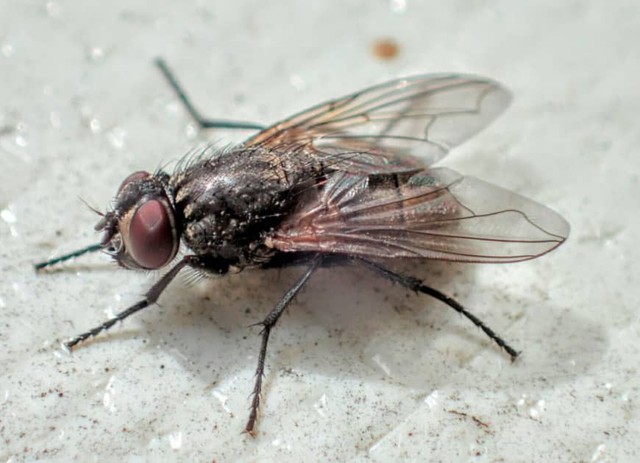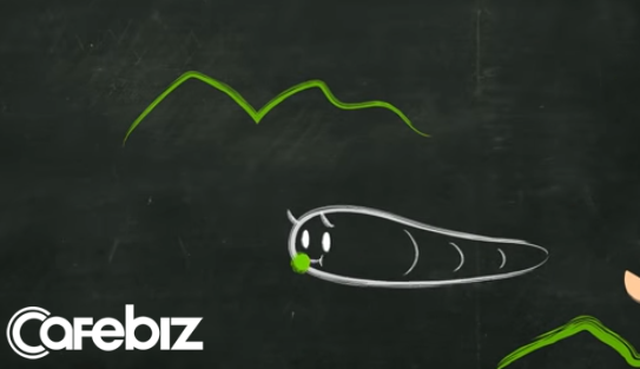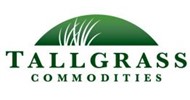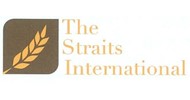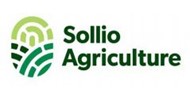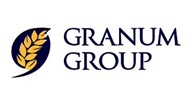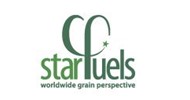Fly is the key used by Musca, a startup from Japan to help solve the most pressing agricultural problems in the world today: Food and animal waste as well as animal feed supplies is running out.
It seems far-fetched, but the plan to exploit flies to recycle waste and create natural fertilizer and fish food has been developing in the past few years, attracting the attention of the guys. Production giants are looking for alternative sources of protein.
The big guy in the fast food industry McDonald’s is advocating studies of using insects and algae as chicken food to reduce dependence on soybeans and prevent deforestation.
Ayano Ryugo, Musca's interim executive director, said: "We own flies as a result of a selective breeding of 1,100 generations. Musca's technology is based on research that a Japanese man acquires. In the Soviet Union, scientists studied the feasibility of bringing flies to Mars with humans.
The idea is to let fly eggs hatch and they will eat astronauts' feces. Their droppings will then be used as fertilizer. The study involves selective breeding to create flies that are resistant to stress and reproduction as well as exist for many years on spacecraft.
Musca's special fly.
Kobayashi, the founder of a small Russian science and technology trading company, popularized knowledge for Japan's Miyazaki prefecture and continued to breed insects in the hope that they could be used to help children. people achieve sustainable agriculture.
His ambition was transferred to one of his employees, Mitsutaka Kushima, who opened his own company in 2006 and then founded Musca in 2016 with investments from Bases Inc.
Musca's plan is to build plants capable of handling 100 tons of animal and urine manure daily. The further goal is to reach the global market with a fully automated franchise plant processing plan for interested parties.
So far, this startup has raised $ 1.6 million and set a target to call for tens of millions of dollars. According to Allied's market research, the scale of the global waste treatment market is valued at US $ 285 billion in 2016 and is expected to reach US $ 435 billion by 2023.
Meanwhile, analysts at London-based research firm Technavio forecast that the worldwide feed market will generate more than $ 527 billion in revenue by 2022 and is expected to have a full fertilizer market. Demand will reach more than 245 billion USD by 2020.
Ayano Ryugo said that even in Japan, the demand for this segment is huge. There are about 80 million tons of animal waste processed in Japan every year and if Musca takes care of it all, they will build 3,000 plants with a capacity of 100 tons. The amount of processed food waste is even larger, at 360 million tons per year.
According to Ryogo, flies created by Musca have the ability to convert animal droppings into fertilizer within 1 week compared to 3 weeks like wild flies. Musca fly eggs are sown in animal manure trays. In about 8 hours or longer, the eggs hatch into white-footed larvae and they will begin to process the waste.
Maggots are responsible for eating animal waste
In a week, the maggots became crowded, their remains were collected to make high quality fertilizer while the maggots themselves were used as nutritious food.
About 300 grams of fly eggs can hatch 150 kg of maggots and turn 1 ton of animal manure into 300 kg of fertilizer. Ryugo said Musca could provide 1 kg of maggots for $ 0.94, cheaper than the average of $ 1.4 for 1 kg of fish feed. Moreover, the supply of this food is declining despite increasing demand.
Researchers from Ehime University and Miyazaki University pointed out that feed fish mixed with Musca products have larger sizes and better disease resistance. Similar results were obtained from the company's fertilizer grown vegetables. Equally important is that the people around will not be affected by the bad smell of fertilizers.
Global meat consumption and production has rapidly increased in recent decades and this trend is causing adverse impacts on the environment, climate and human health. Worldwatch says animal manure releases methane and nitrous oxide, two greenhouse gases, 25 times stronger and 300 times more powerful than carbon dioxide, respectively.
Meanwhile, Ryugo said Musca's technology will cut about 99% of greenhouse gas emissions and prevent animal manure from polluting groundwater.
The steady increase in population is expected to increase food and food production from available resources, leading to great pressure on the natural environment. The US Food and Agriculture Organization said scarcity could occur with agricultural land, water, forests, fisheries, biodiversity as well as non-renewable nutrients and energy. Therefore, startups like Musca will help solve the situation in a green and effective way.
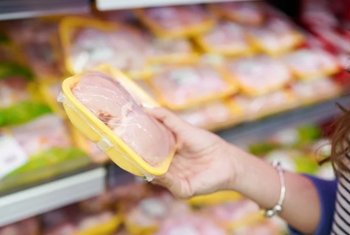 Consumer behavior changing dramatically in Asia
Consumer behavior changing dramatically in Asia 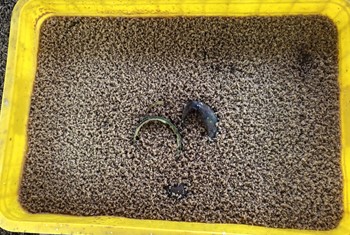 Raising this species of flies and then taking the eggs to sell for 3 million VND / 100 grams of fly eggs
Raising this species of flies and then taking the eggs to sell for 3 million VND / 100 grams of fly eggs 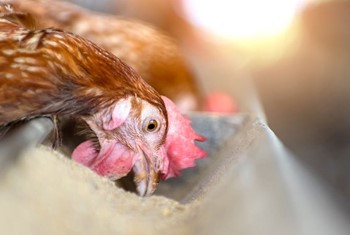 Poland: Poultry feed production hampered by Covid-19
Poland: Poultry feed production hampered by Covid-19 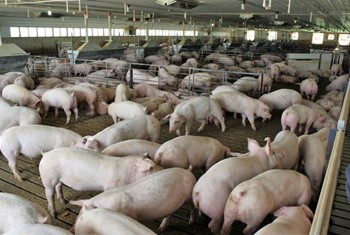 How to slow pig growth due to Covid-19?
How to slow pig growth due to Covid-19? 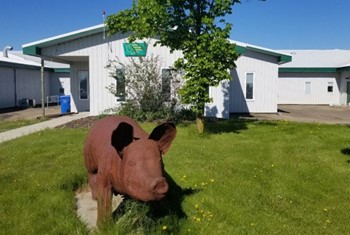 June feed update: What did you miss?
June feed update: What did you miss? 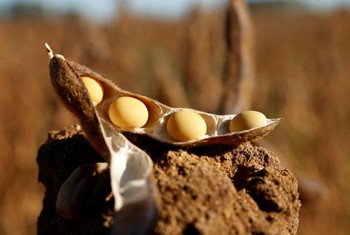 Good weather in the US slightly reduces soy price
Good weather in the US slightly reduces soy price PTT Trading Service Co., Ltd
(Vietnam Address)
462, Pham Thai Buong Street,
(R3-37 My Toan 1 - H4), Phu My Hung,
Tan Phong Ward, District 7,
Ho Chi Minh City, Vietnam
Tel: (+84) 286 6868 5888
Singapore Office:
Blk 457, Pasir Ris Drive 4, #09-305
Singapore 510457
Contact: (+84) 903 077 931
Email: jeffreypang@pttgroup.org




